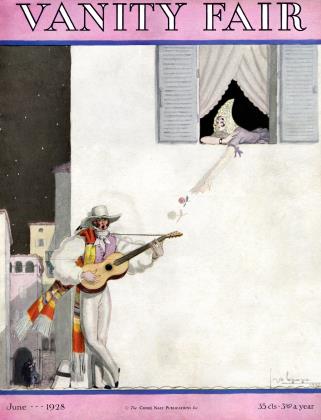Sign In to Your Account
Subscribers have complete access to the archive.
Sign In Not a Subscriber?Join NowAn American Observer Analyzes 1928 Russia’s Attempt to Abolish Class and Private Property
June 1928 Theodore Dreiser View Full Issue
View Full Issue






Subscribers have complete access to the archive.
Sign In Not a Subscriber?Join Now